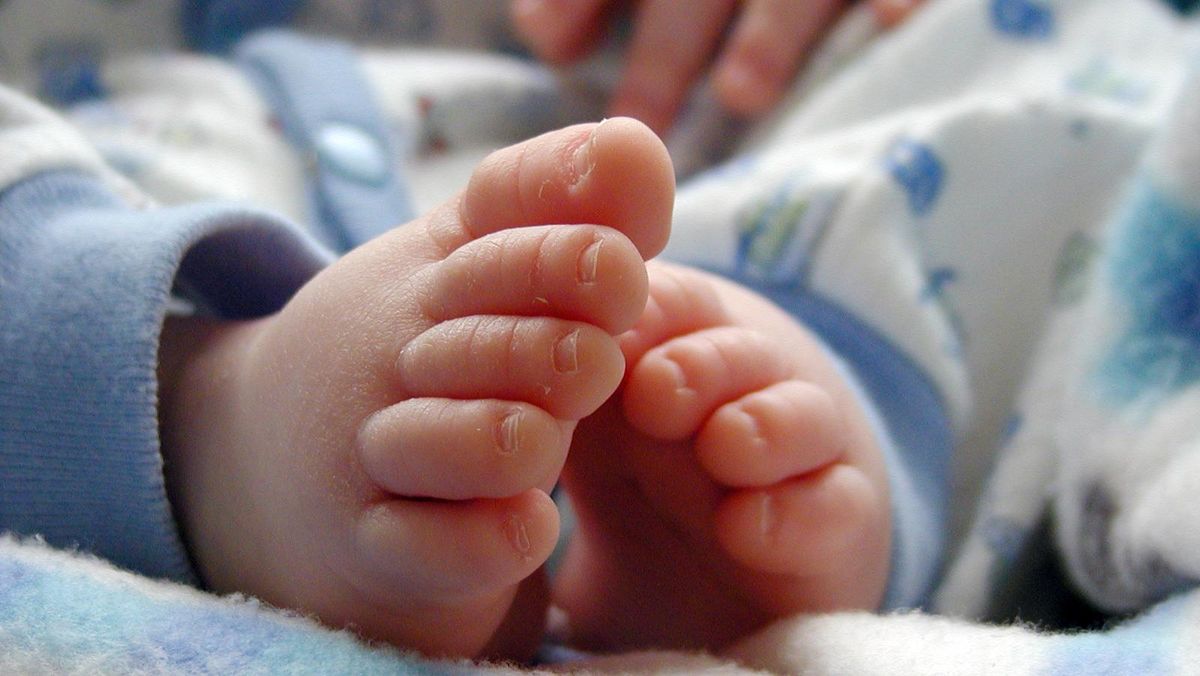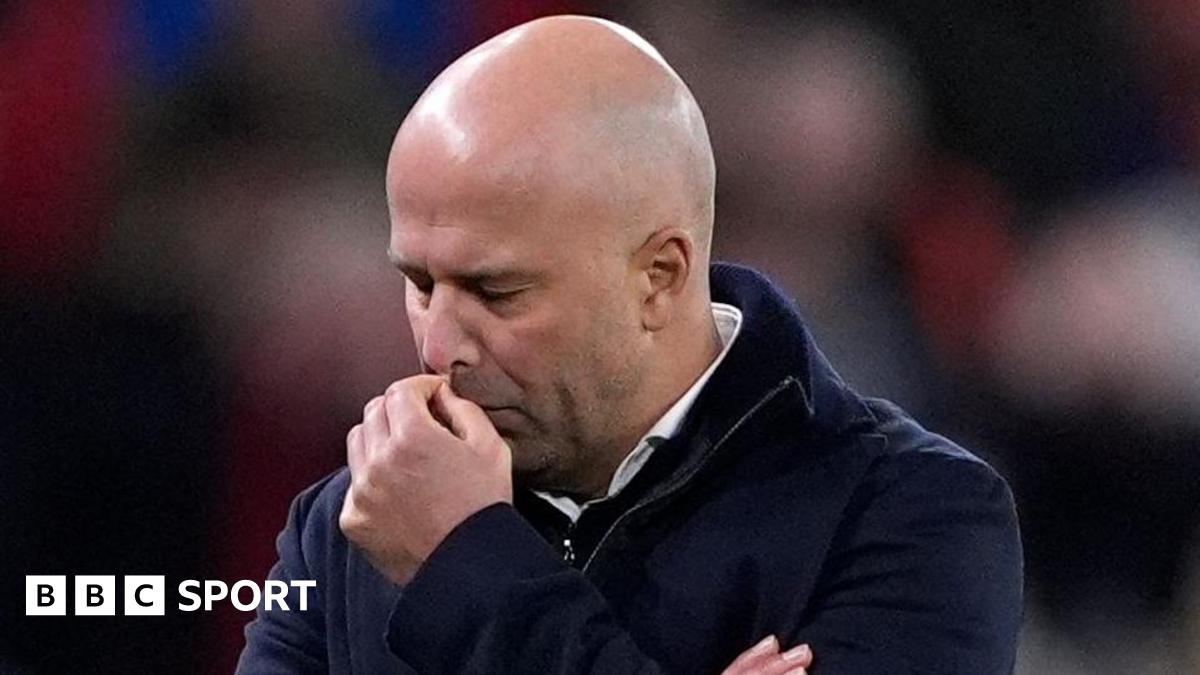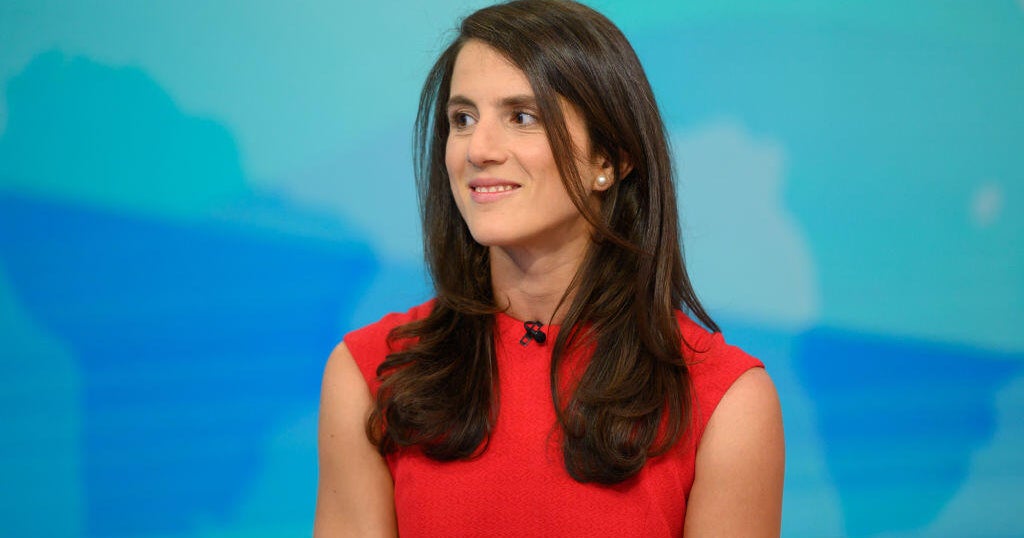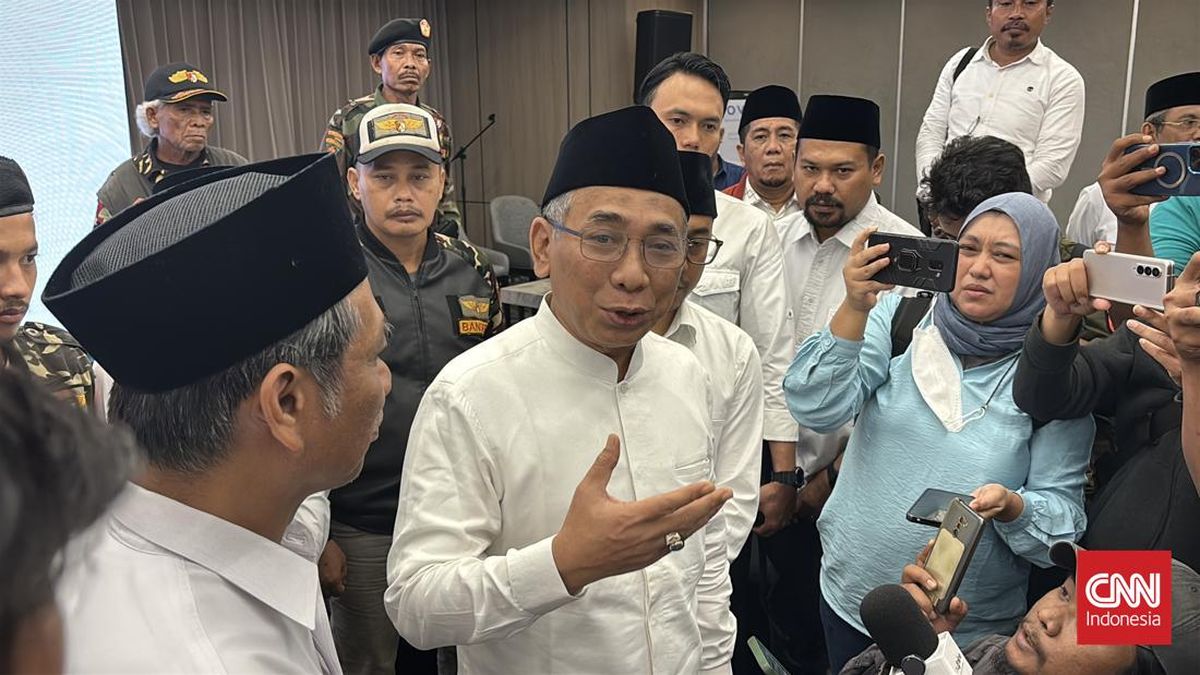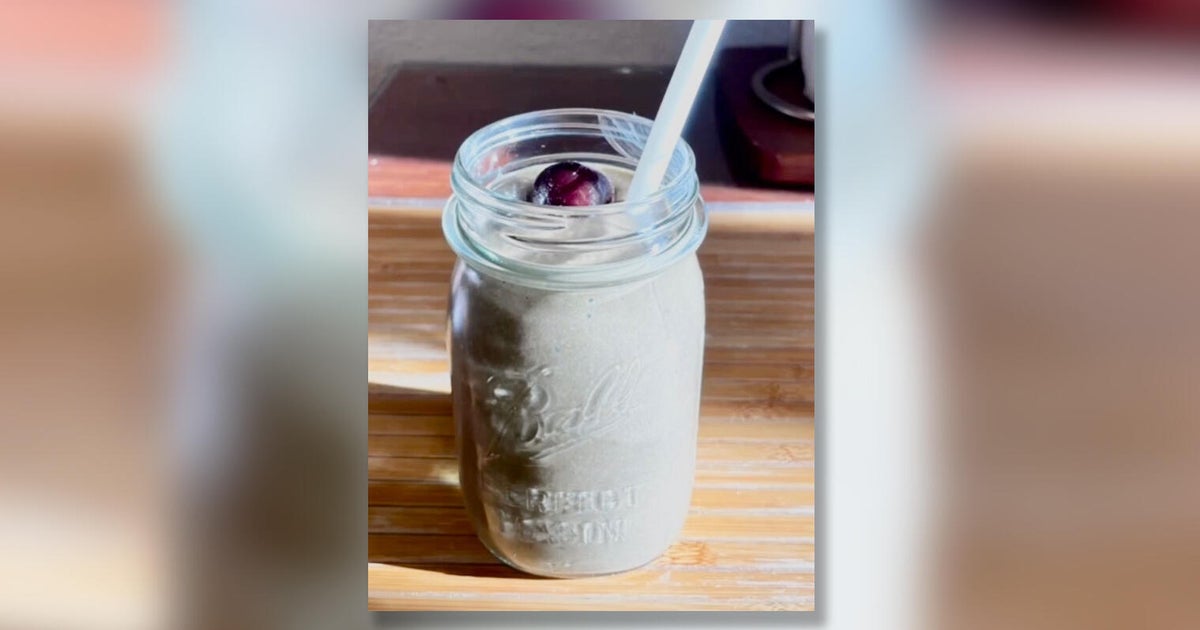Washington: Months ago, Victor Schwartz was living the quiet life – as quiet as it gets in New York – importing wine and distributing it from his office on the 12th floor of a nondescript midtown Manhattan building.
Today, he is the face of resistance against President Donald Trump’s tariffs. Since winning his case in the Court of International Trade in May, which ruled most of Trump’s tariffs illegal, he has appeared on television and in newspapers, received letters and gifts from around the world, and been thrust into the hot seat of US politics.

Victor Schwartz and his daughter Chloe, whose wine import business VOS Selections is the lead plaintiff in a case against Donald Trump’s tariffs.Credit: Charles A. Fazio for The Sydney Morning Herald and The Age
“It’s a little bit out-of-body. I mean, it’s not me,” Schwartz tells this masthead. “It’s not what I do every day. My concerns and problems haven’t changed one iota. We still go out there and pound on doors and try to sell wines and spirits and sakes.”
Schwartz and his daughter Chloe, who also works at VOS Selections, arrived in Washington on Thursday (AEST) for the Trump administration’s appeal against the May decision. They were joined by Schwartz’s wife, Cushla Naegele, and their younger daughter, Tallulah.
Trump has pressed on with his sweeping tariff regime, striking “deals” with the United Kingdom, China, the European Union and Indonesia. On Wednesday, US time, he announced new deals with India, which will cop “reciprocal” tariffs of 25 per cent, and South Korea, whose exports to the US will be levied at 15 per cent.
Australia’s tariff rate ostensibly remains at 10 per cent, for now, but Trump has said he will impose rates of 15 to 20 per cent on the rest of the world.

US President Donald Trump’s so-called reciprocal tariffs have been ruled unlawful by two separate courts.Credit: Bloomberg
But while the world hangs on each social media post from the White House, many forget that these tariffs have been ruled unlawful. In the case brought by Schwartz’s business and four others, the court found Trump did not have the authority to impose wide-ranging, revenue-raising tariffs using emergency powers.
They have been allowed to remain in place while the appeal is heard. But Friday’s hearing could stick a dagger through their heart.
“I think we’re going to win tomorrow,” Schwartz says. “The fact is, the government changes their defence every time I hear from them. That’s weak, right?”
Loading
Schwartz started his small business in 1987 after a stint in France. He now imports wine from 16 countries – some used to come from Australia and New Zealand, though not currently – and operates on tight margins. His back-of-the-envelope calculations say he would need to find an extra $US500,000 ($775,000) a year.
“We don’t make that,” he says. “Our business, you make 5 to 10 per cent if you’re lucky. Now you’ve got a 15 per cent tax.
“You can raise your prices, certainly. We went through every item and repriced them. Even if we reprice something, I’m not going to see the money from that container for five months. But I have to pay right upfront.”
Schwartz is furious when he hears Trump claim it is the other countries that are forced to pay his tariffs, even though those countries do potentially suffer from their producers selling fewer products. He knows it is really the American importers who pay.
Loading
“I feel outraged that a quote-unquote businessman doesn’t know the reality of business,” Schwartz says. “The fact is that every single economist looks at this and says: ‘Of course that’s not true’.
“The people who are paying are me and my colleagues. No countries are paying.”
The Trump administration rejects this. Welcoming strong GDP growth figures on Thursday, National Economic Council director Kevin Hassett said the price of imported goods had actually dropped compared to domestic ones, “which is a sign ... foreign countries and foreign companies are going to bear a lot of the tariffs”. And real wages grew, which “means people have more money in their pockets than the price increases that they’ve seen”, he said.
When the trade court in Manhattan handed down its verdict in May, Schwartz was cooking dinner at home: pasta alle vongole with a bottle of “beautiful French wine”. The email was full of legal jargon, and he checked with a lawyer friend to make sure he had won. Ten minutes later, ABC News America was on the phone.
Loading
His family were surprised by the attention – “like, ‘who’s this schmuck who got national press?’” he says – but they’ve been highly supportive, as have his friends. “Everybody wants to be your friend when you’re famous.”
Schwartz knows it’s possible, even likely, the case will end up before the Supreme Court. Alan Wolff, a senior fellow with the Peterson Institute for International Economics, concurred in a blog post this week, and predicted the nation’s highest court, with its 6-3 conservative majority, would side with Trump.
Wolff says the justices may find the president’s foreign affairs powers come into play, especially since many world leaders have now done deals with Trump on the tariffs, “in effect ratifying his actions”.
But Schwartz remains confident. And he is buoyed by the outpouring of support from across the country and around the world; gifts have included handwritten letters, aprons and a set of 50 monogrammed corkscrews.
“They love me in Italy, they write articles on David versus Goliath,” he says. “This has hit a real, raw nerve.”
Get a note directly from our foreign correspondents on what’s making headlines around the world. Sign up for our weekly What in the World newsletter.
Most Viewed in World
Loading













